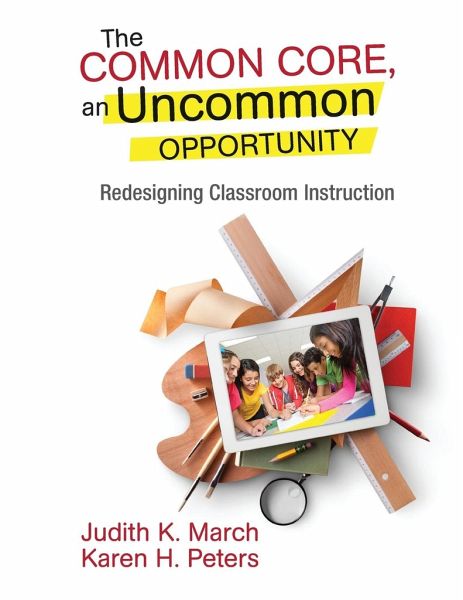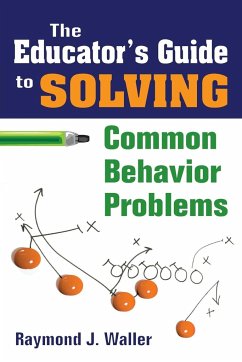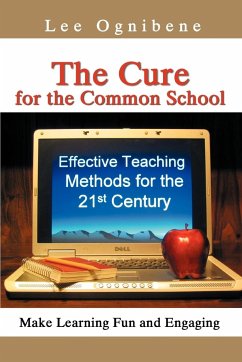Judith K. March, PhD, is currently a Senior Consultant for EdFOCUS Initiative, a non-profit agency of dedicated education professionals who provide customized consultation, data management, and training services in school reform. Dr. March is a retired professor from Kent State University and is currently an adjunct member of the graduate faculty of Ashland University. She is an approved provider of the Ohio Improvement Process, authorized by the Ohio Departmenr of Education. Her special areas of focus are (a) standards-based curriculum redesign; (b) the Best Practices research for classroom instruction; (c) assessment and accountability, including the construction of diagnostic and benchmark tests; (d) long-term and short-range planning; (e) capacity-building for continual improvement, featuring Collaborative Observation; (f) data-based decision making; and (g) compliance with No Child Left Behind. March has worked in school reform for over two decades, providing services to nearly school districts in Canada, California, Florida, Indiana, Minnesota, New Jersey, and Ohio. Her work has included urban, suburban, and rural districts. She and the other EdFOCUS consultants have served as providers for federally funded Comprehensive School Reform projects in Minneapolis and Hamilton Township, New Jersey. March and colleague Karen H. Peters have been contracted by the Battelle-for-Kids Division of the Battelle Institute to work in with various research initiatives with Value-Added. Additionally, March and Peters serve as consultants in formative assessment to the CTB/McGraw-Hill corporation. An experienced educator, March has taught high school English, Speech, and Drama and served as an Assistant Principal for a large high school. She has also been a Curriculum Supervisor, the Director of Curriculum, and the Assistant Superintendent for an Educational Service Center. She was Director of Developmental Education at Ashland University and Associate Professor at Ashland University and served on the graduate faculty at Kent State University. Karen H. Peters, PhD, is currently a Senior Consultant for EdFOCUS Initiative, a non-profit agency of dedicated education professionals who provide customized consultation, data management, and training services in school reform. Dr. Peters is a retired professor from Kent State University and is currently an adjunct member of the graduate faculty of Ashland University. She is an approved provider of the Ohio Improvement Process, authorized by the Ohio Departmenr of Education. Her special areas of focus are (a) standards-based curriculum redesign; (b) the Best Practices research for classroom instruction; (c) assessment and accountability, including the development of diagnostic and mastery tests; (d) the training and development of principals; (e)capacity-building for continual improvement, featuring Collaborative Observation; (f) data-based decision making; and (g) compliance with No Child Left Behind. Peters has worked in school reform for over two decades, providing services to school districts in Canada, California, Florida, Indiana, Minnesota, New Jersey, and Ohio. Her work has included urban, suburban, and rural districts. She and the other EdFOCUS consultants have served as providers for federally funded Comprehensive School Reform projects in Minneapolis and Hamilton Township, New Jersey. Peters and colleague Judith K. March have been contracted by the Battelle-for-Kids Division of the Battelle Institute to work in with various research initiatives with Value-Added. Additionally, Peters and March serve as consultants in formative assessment to the CTB/McGraw-Hill corporation. An experienced educator, Peters has taught at the elementary- and middle-school levels in Ohio and Florida, focusing on math and science. She has served as an Elementary Principal and has been a Curriculum Supervisor and the Director of Curriculum for an Educational Service Center. She also served as a member of the graduate faculty of Kent State University. While at Kent State, Peters and March operated an outreach Center for school reform, and these experiences compelled them to develop the Instructional Design process to integrate standards-based reform with the Best Practices research to deliver and assess classroom instruction. In addition, Peters and March have developed with Lazorpoint, Inc. a Student Progress Tracker, a web-based system to assemble student performance data and make it readily accessible to school staff to monitor student performance and make timely and precise adjustments in the instructional program.
















